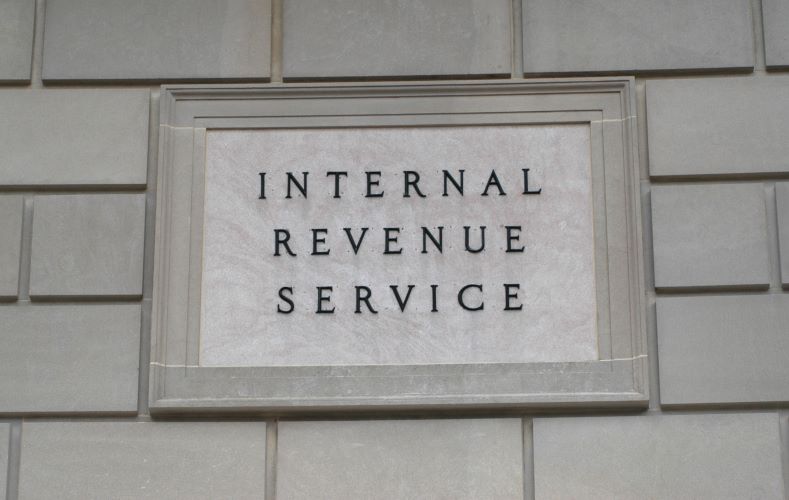All of us are often thinking about how the COVID-19 pandemic is impacting us physically, emotionally, and financially. With the passage of the CARES Act, the federal government has taken some steps to assist individual taxpayers when it comes to the economic impact of COVID-19. Here we outline the reliefs provided to individual taxpayers under the Act.
Rebate/Credit for Taxpayers
The CARES Act provides one-time direct “rebate” payments to individuals and families. These payments are considered advances for a new federal income tax credit subject to phaseout thresholds based on adjusted gross income (AGI). The following table summarizes credit amounts and phaseout thresholds:
| Filing Status | Rebate | Start of AGI-based phaseout threshold |
| Single | $1,200 | $75,000 |
| Head of household | $1,200 | $112,500 |
| Married filing jointly | $2,400 | $150,000 |
Families will receive an additional $500 credit — subject to the same phaseout thresholds — for each qualifying child under 17. The credits are phased out by $5 for every $100 of AGI above the thresholds. For example, the credit for a married couple with no children would be completely phased out when AGI reaches $198,000. The credit for a head of household with one child is completely phased out when AGI reaches $146,500.
For a Q&A on the tax credit, visit this article.
Retirement Plan Withdrawals Not Subject to Penalty
Taxpayers may make withdrawals of up to $100,000 from retirement accounts without being subject to the 10% early distribution penalty. The withdrawal must be taken prior to December 31, 2020, and must be taken by a qualified individual defined in the Act as one:
- Who is diagnosed with the virus SARS-CoV-2 or with coronavirus disease 2019 (COVID-19) by a test approved by the Centers for Disease Control and Prevention (CDC),
- Whose spouse or dependent is diagnosed with such virus or disease by such a test, OR
- Who experiences adverse financial consequences as a result of being quarantined, being furloughed or laid off or having work hours reduced due to such virus or disease, being unable to work due to lack of child care due to such virus or disease, closing or reducing hours of a business owned or operated by the individual due to such virus or disease, or other factors as determined by the Secretary of the Treasury.
Distributions can be contributed back to the retirement plan. Any individual who receives a coronavirus-related distribution may, at any time during the 3-year period beginning on the day after the date on which such distribution was received, make one or more contributions in an aggregate amount not to exceed the amount of such distribution back to the eligible retirement plan of which such individual is a beneficiary and to which a rollover contribution of such distribution.
Distribution can be included in income over three years. In the case of any coronavirus-related distribution, unless the taxpayer elects not to, any amount required to be included in gross income for such tax year will be so included ratably over the 3-tax-year period beginning with such tax year.
Required Minimum Distributions (RMD) Waived for 2020
The current law requires a retirement plan or IRA owner to take RMDs annually once the owner reaches 72 years old. The CARES Act provides that the required RMDs do not apply to IRAs and certain defined contribution plans for the calendar year 2020.
The RMD requirements also do not apply to any distribution which is required to be made in the calendar year 2020 because a required beginning date occurring in calendar year 2020, and such distribution not having been made before January 1, 2020.
Charitable Deductions
Beginning in 2020, the CARES Act allows those taxpayers who do not itemize deductions to claim charitable contributions up to $300 as a deduction in calculating their AGI.
Modified Limitations on Charitable Cash Contributions
Under the CARES Act, for 2020, individual taxpayers are allowed a charitable cash contribution deduction limited to their AGI, rather than 60% as indicated in the present law. Corporate taxpayer limits increased to 25% of taxable income rather than 10% for cash contribution deductions. Similarly, taxable income limits on corporate food inventory donations are increased to 25%.
Student Loans
The payments of student loans shall be suspended through September 30, 2020, with interest not accruing during this same time period. Additionally, employers can pay an employee or lender for any principal or interest on a qualified education loan incurred for education up to $5,250 until January 1, 2021.
Contact Us
If you have questions about the information outlined above, Selden Fox can help. For additional information please call us at 630.954.1400 or click here to contact us. We look forward to speaking with you soon.




